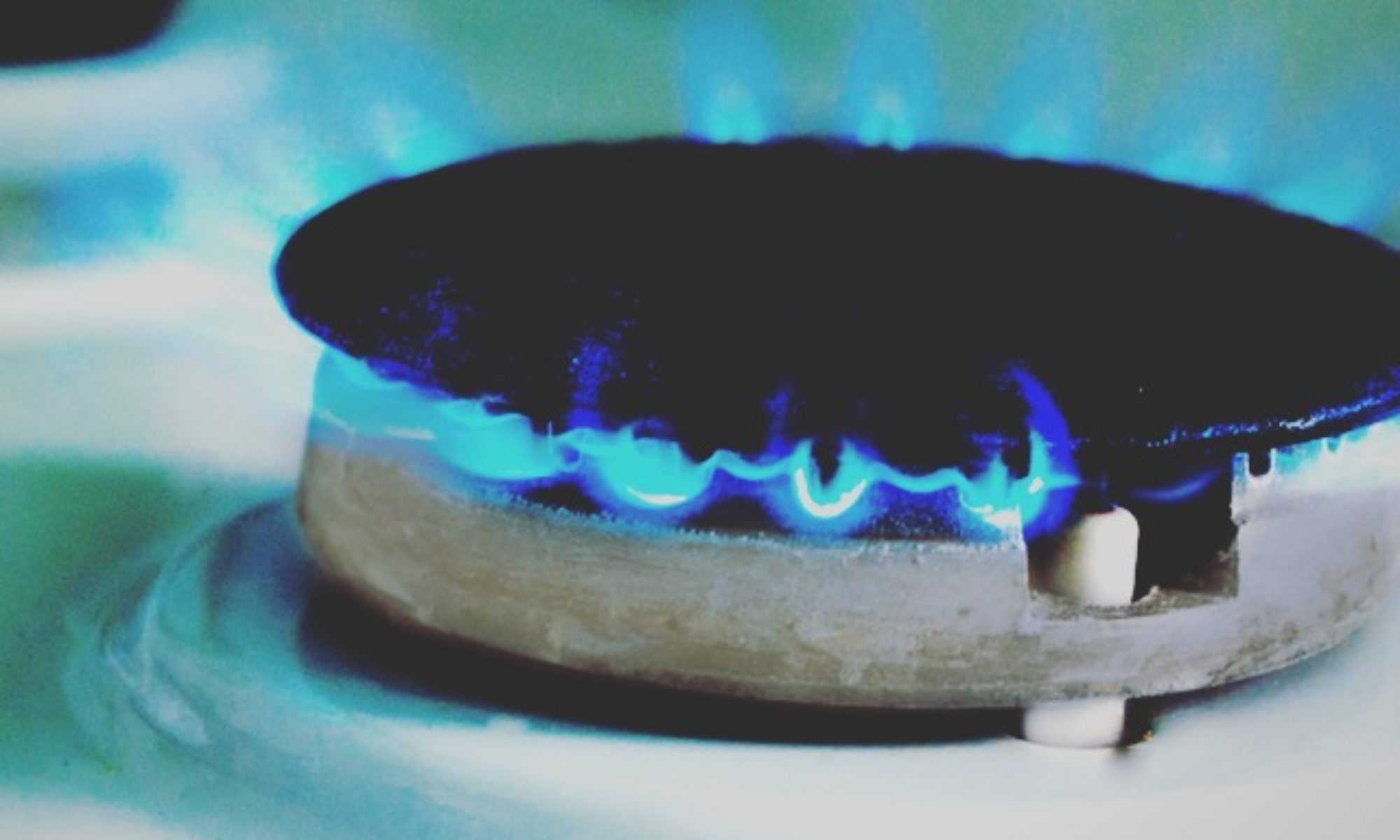
This memoir from music journalist Lisa Robinson is like catnip for me. Not just a glimpse, but a long, deep, satisfying look behind the scenes of the music world from someone who got up close and personal. It is a bit misleading to constrict the title to “rock and roll” because it covers way more than that genre. Sure, most of the usual suspects are there – The Rolling Stones, Led Zeppelin, John Lennon, U2 and more, but she also takes substantial forays into punk rock, blues, rap, hip hop. As well as other artists who sort of stubbornly defy categorization – where do you put David Bowie, Lou Reed or Lady Gaga? Even with everyone who is in here, you get the sense that it has been carefully curated and there is tons of other dirt that didn’t make the cut. I reckon you could ask Lisa Robinson about nearly anybody in the music biz over the past 40-ish years and she would probably have a story to tell. I enjoyed it tremendously and her writing and style are inspirational. She was there, with all those amazing people, yet her writing is clear-eyed, crisp and never feels name drop-y.
After finishing this book, I had to ask myself, “Why do I like reading about rockstars (sounds better than “musicstars”, though less inclusive)?” Hmmm. First off, I am a music fan. From a young age I can remember feeling moved in an almost indescribable way by the loud 70s rock music my brother subjected the whole family to at ear-splitting decibels. There was no escaping a basic, though forced musical education in my house. I found my own way into appreciation for punk and new wave (which my brother heartily derided), “discovered” Bowie, sang along to the oldies through my crappy first car’s AM radio, lived through grunge (so depressing), got the blues, educated my kids about all of this, “discovered” Lady Gaga and now am experiencing a second, forced musical education courtesy of my kids who like all kinds of “new” music. Whatever that means. And I love it all! Good music inspires me, makes me feel things, feeds my creativity, makes me want to be a better me. God, that sounds so incredibly cheesy! But it is the truth. Music isn’t just in the background of my life, it feeds who I am and who I want to become.
Part of why I find musicians so inspiring is the absolute fearlessness that is required to make a go of it in that business. There is no school for rockstars. No formal internships or competitive training programs. No surefire path or playbook to greatness. They are born, not made (the good ones, at least). The concept that someone can feel so moved internally by their own creativity that they have no choice but to make music is both intriguing and inspiring to me. What confidence they must have. And tolerance for risk. Singlemindedness, dedication, direction and purpose. Not to mention talent. All traits I admire and, sheepishly, envy.
Its not just rockstars either, though they are arguable the most fascinating of the bunch. Writers, especially but not always travel writers, often fall into this category for me. Peter Mayle, Frances Mayes, Anthony Bourdain, Ernest Hemingway, Roxane Gay. Other inspiring folk are found in a multitude of settings but share similar appealing traits: Albert Einstein, Tara Stiles, Richard Branson, Julia Child, Lousie Hay and Wayne Dyer. So many more, but they all go (or went) their own way on their own terms and proceeded to make a life that is creative and uniquely, honestly, true to themselves. I may very well be seeing everything through rose tinted glasses, sure, but this is what these people’s lives and work represents to me. And I want that.



